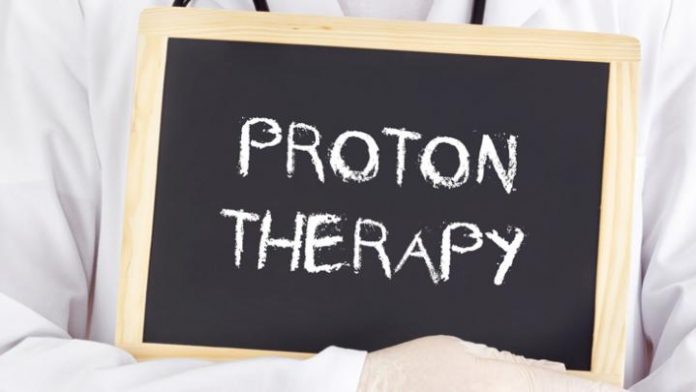Proton Partners International is to bring innovative cancer treatment to the UK and the Middle East
Professor Karol Sikora of Proton Partners International says that there is a growing global demand for proton beam therapy but a global network of information and research is needed to ensure treatment and care is improved.
Proton Partners centres will become part of a global cancer network. It will share the data gathered between all centres to improve the overall research effort in cancer care.
The referral mechanism means that doctors can refer patients straight to a centre, so the patient doesn’t need to be re-screened or re-assessed. By sending the relevant images and clinical information, Proton can assess whether or not the patient is suitable for proton beam therapy without having to see them.
Proton Partners International are building three UK cancer centres – Newport in South Wales, Bomarsund in Northumbria, and Reading in Berkshire. Two more UK centres are also being planned. All will offer proton beam therapy, conventional radiotherapy, chemotherapy, imaging and wellbeing.
The company has set up in Abu Dhabi at the Gulf International Cancer Centre, which is currently offering conventional cancer therapies, and plans to build on an additional proton beam therapy centre. The company hopes to build five international centres in total.
Professor Sikora adds: “We estimate that around 10% of patients who receive traditional radiotherapy could be better treated with proton beam therapy. Patients in the UK and UAE currently need to travel abroad to receive this treatment that is expensive and inconvenient, so we will meet the growing demand for proton beam therapy and ensure it becomes more accessible to more patients.”
The Abu Dhabi proton therapy centre will play a key part in the cancer network. By linking it to the central server in the UK, the company will be able to ensure the quality and safety of the global proton network.
The aim is to develop a world-class cancer service as well as contribute to the broader research effort to improve cancer care for patients.
Proton Partners International is a private limited company, registered in Wales. The company was formed following discussions between Professor Karol Sikora, former head of the World Health Organisation’s cancer programme, Professor Sir Chris Evans, the leading life sciences entrepreneur, and Neil Woodford, founding partner of Woodford Investment Management.
Institutional and private investors have committed to almost £100m equity finance in the company. The Welsh Government’s Life Sciences Investment Fund is a key investor in Proton Partners International.
The company will build a research and data centre in Liverpool to collate, analyse and distribute data from the cancer centres to support the broader research work. Proton Partners is also funding a two-year research programme with the Department of Physics at the University of Liverpool to demonstrate the efficacy of proton beam therapy. Proton Partners intends to run similar research projects in Wales with both Cardiff and Swansea Universities.
Cancer is a disease that is on the rise all over the world and by 2020 it is believed that there will be 20 million new cancer patients every year. As a result, the global demand for proton beam therapy is growing.
Proton therapy is different to traditional radiotherapy. Whilst protons deliver the same damage to cancer cells, they can be controlled to stop at a defined point in the body. It is this sharp cut off that means proton therapy is a much more targeted form of treatment. As a result, protons are less likely to cause damage to surrounding critical tissue.
Professor Sikora explains: “Not all patients will benefit from proton beam therapy, but 10% of cancer patients who currently undergo conventional treatments could be treated more effectively with proton beam therapy. Typically, younger patients will benefit the most from proton beam therapy, as they tend to suffer the worst long-term effects of excess radiation in the body, but adults with hard to reach tumours in the brain or near the spinal cord will also benefit from this treatment.”








 ©2024 All rights reserved LaingBuisson
©2024 All rights reserved LaingBuisson 


